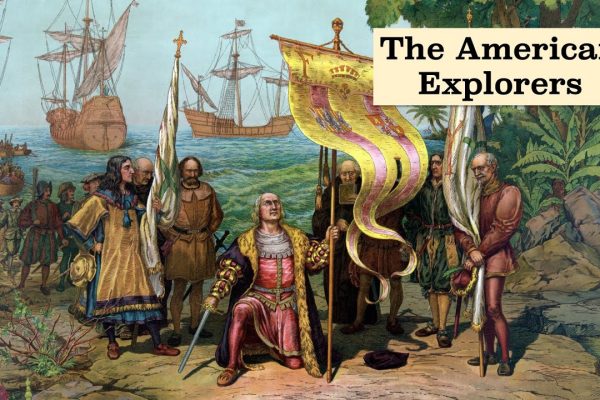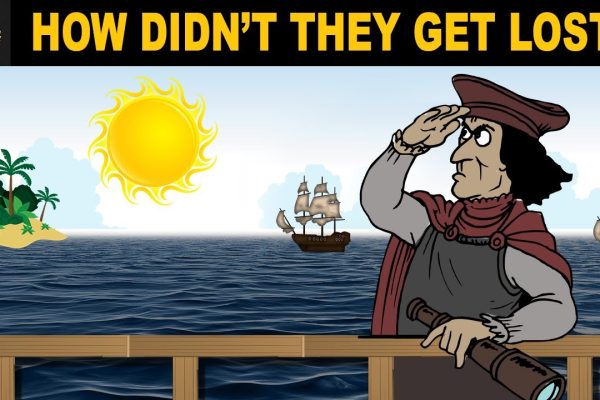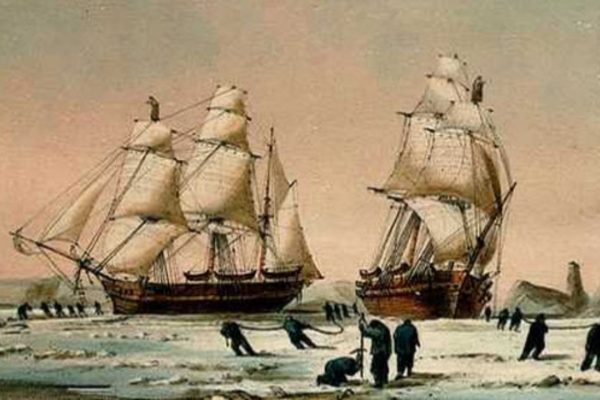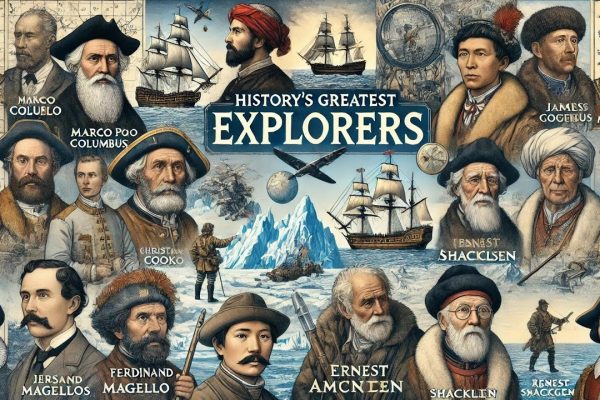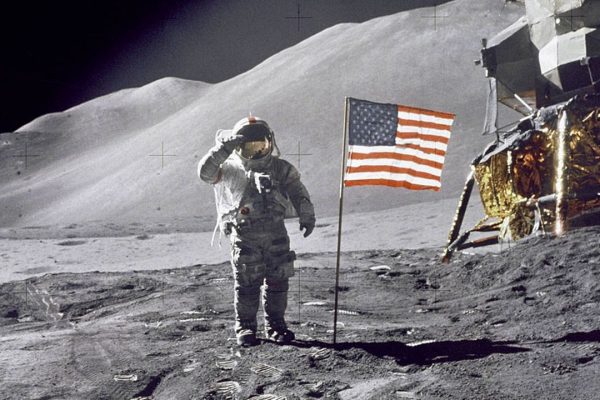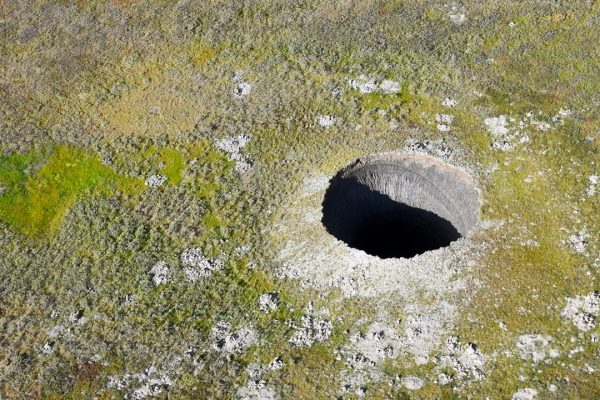
🕵️♂️ Top 10 Most Mysterious Events in the History of Exploration
Exploration has always been a risky and unpredictable endeavor, but some expeditions ended in unexplained disappearances, bizarre discoveries, or eerie coincidences that still puzzle historians today. From vanished explorers to strange artifacts, these mysteries continue to spark debate. Here are the Top 10 Most Mysterious Events in the History of Exploration! 1. The Disappearance of…

